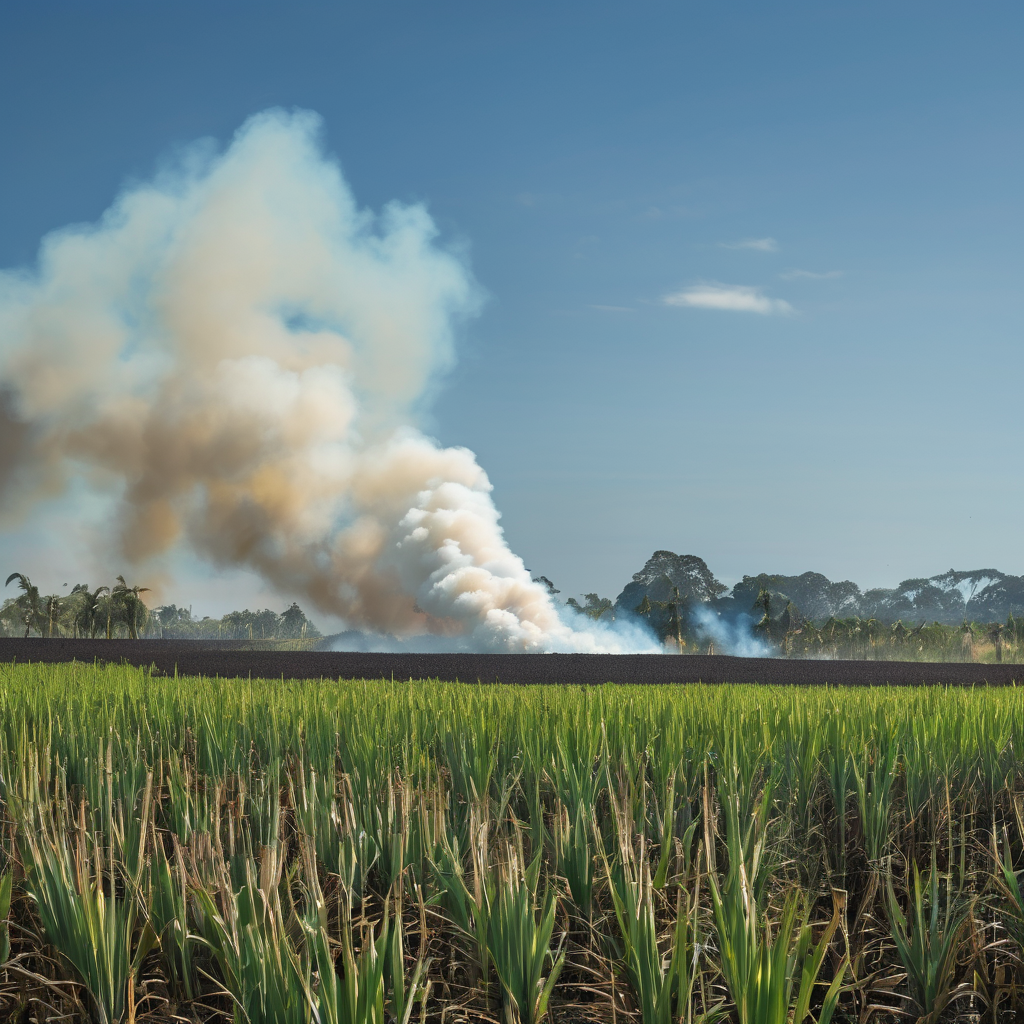Minister for Sugar Charan Jeath Singh has announced that around 32% of sugarcane is unharvested in the Rarawai and Penang regions, which equates to approximately 194,000 tonnes, while 68% has already been processed. This update comes on the heels of recent disruptions caused by a fire at the Rarawai Mill that temporarily halted operations. In a positive development, Singh confirmed that over 74,000 tonnes of sugarcane have been successfully transferred from Rarawai to Lautoka for processing, at a government expenditure exceeding $1.1 million.
The Ministry is taking decisive action to stabilize the sugar industry following the fire incident. A transport assistance program has been introduced, providing farmers with $15 per tonne to help offset the costs associated with rerouting their cane production. Singh highlighted that this initiative includes new quota measures intended to ensure that harvesting operations are equitably distributed between both mills, thereby protecting the livelihoods of cane cutters.
Singh reaffirmed the Ministry’s dedication to safeguarding the welfare of farmers and mill workers while working towards full operational restoration of the sector. His focus remains on both immediate and long-term strategies to assist farmers and maintain continuous operations.
Recent reports suggest a collaborative approach among the government, Fiji Sugar Corporation (FSC), and industry stakeholders to effectively manage the situation following the Rarawai Mill closure. While the fire has posed significant challenges, strategies to address logistical issues continue to be implemented, aimed at ensuring the resilience of the sector. The emphasis on improving safety protocols and infrastructure demonstrates a strong commitment to securing a prosperous future for Fiji’s sugar industry.
These collective efforts indicate a hopeful outlook for the sugar sector, implying potential recovery and long-term stability that will benefit communities reliant on sugar farming. Despite the immediate challenges, farmers can anticipate ongoing support, which is vital for protecting their livelihoods and fostering industry resilience.
